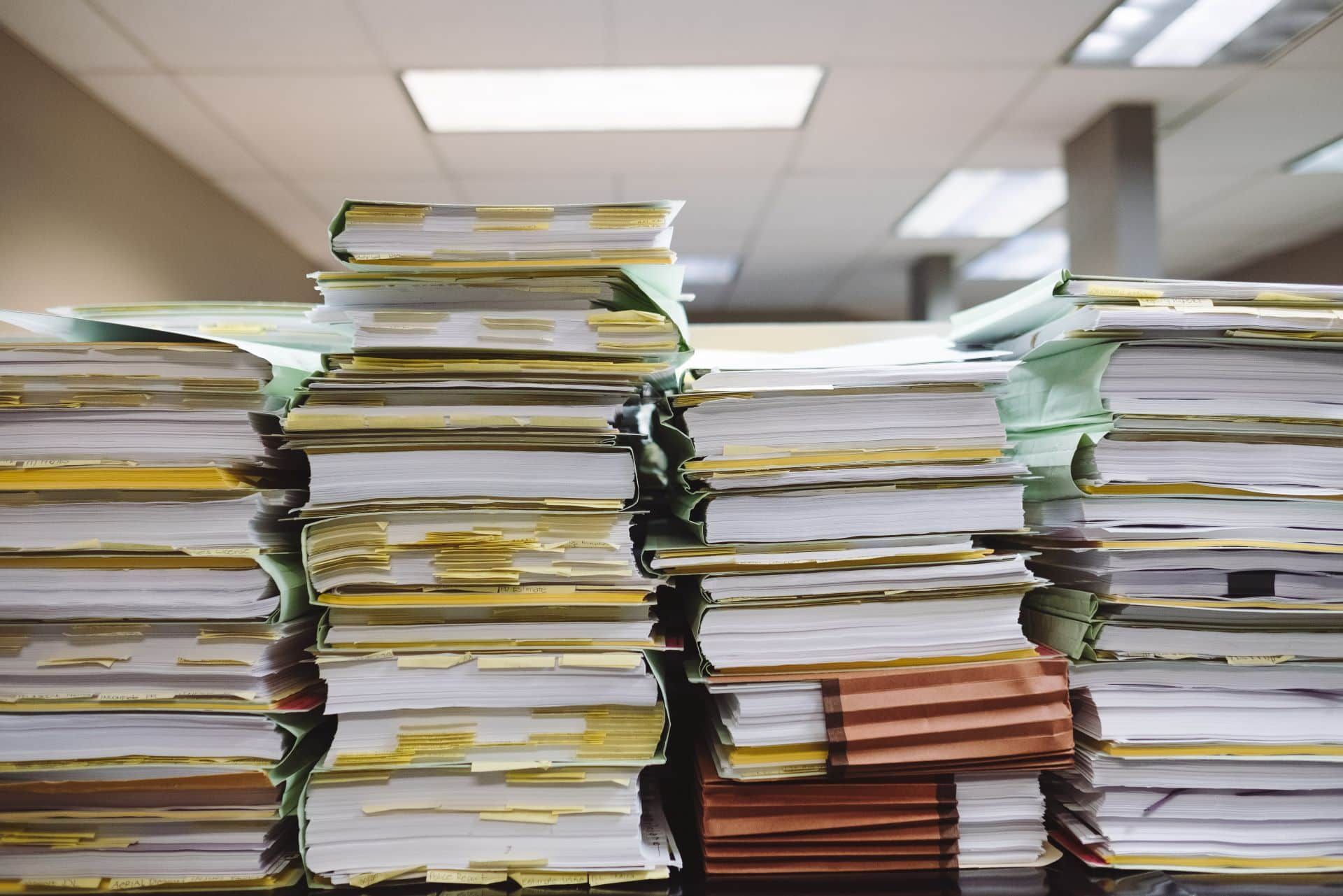Default appeal – What to do if the authority fails to act?
Application for the granting of Austrian citizenship
Valeriya is (still) a Ukrainian citizen. A few weeks ago she applied for Austrian citizenship. She submitted all the necessary documents together with her application. If the authorities now leave her application pending, she can lodge a default appeal.
However, she hopes to have her Austrian passport in her hands in a few weeks. In fact, shortly after her application, Valeriya receives an invitation to take the citizenship exam. She passes without any problems.
Valeriya now waits anxiously every day for a positive decision from the authorities, but nothing happens for months.
Despite repeated requests to the authorities, more than half a year has passed since Valeriya submitted her application. Hence, seh has not received any new information about her citizenship application.
Can Valeriy speed up the authorities’ decision?
When can a default appeal be filed?
As a matter of principle, an administrative authority must issue a decision without undue delay, but at the latest after 6 months. This also applies to an application for the granting of Austrian citizenship. This period begins on the day on which the application is received by the authority.
If the authority does not make a decision within this period, the applicant has the possibility to lodge a default appeal.
The written default appeal must comply with strict formal content requirements stipulated by law and must therefore be drafted very carefully.
After filing the appeal, however, the authority can still issue the requested decision within a period of up to 3 months. Whether it does so is at its discretion. If the authority does not issue the requested decision, it has to submit the default appeal together with all documents to the competent administrative court.
The court may limit its decision to the most important legal issues. The administrative court may order the authority to make up for the missed decision within a maximum of 8 weeks. In addition, the administrative court also has the possibility to decide on the matter itself.
Public liability claim in case of default
Last but not least, a serious violation of the authority’s duty to decide can also give rise to a claim for public liability, i.e. a claim for damages against the public legal entity of the authority (the respective federal state), which, however, must be asserted in separate court proceedings.
Valeriya is therefore not completely defenseless. In any case, she has the possibility to file a complaint against the authority’s inactivity.
